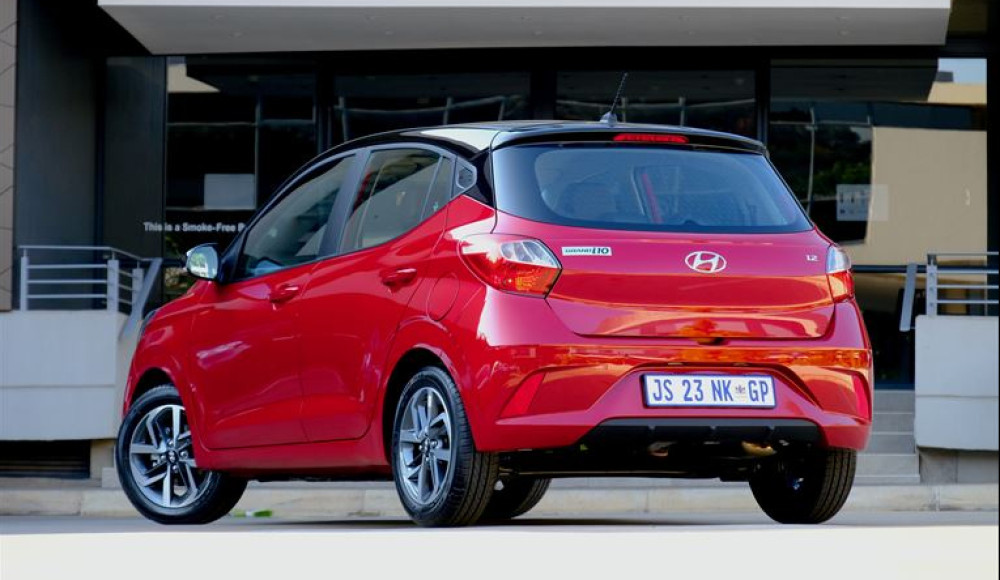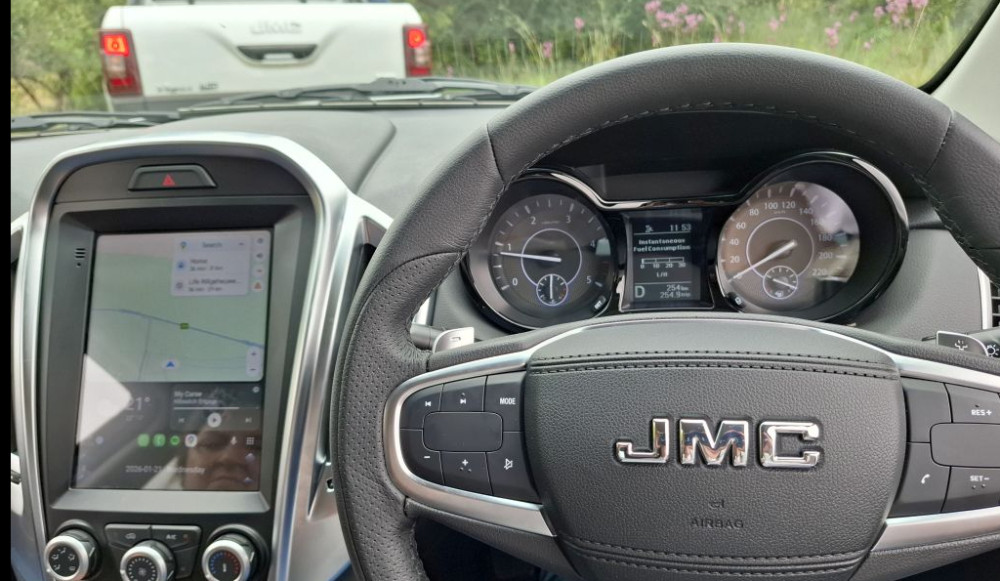The global semiconductor chip shortage has had far-reaching effects across multiple industries, and the automotive sector is no exception. In South Africa, the shortage has significantly impacted car prices, availability, and consumer choices, leaving buyers and dealerships grappling with its consequences.
Click here to find the perfect vehicle for your needs.
Why chips matter in modern cars
Semiconductor chips are integral to modern vehicles, powering everything from infotainment systems to safety features like anti-lock brakes and advanced driver-assistance systems (ADAS). As cars become increasingly high-tech, the demand for chips has surged. However, a combination of factors—including disruptions from the COVID-19 pandemic, increased demand for consumer electronics, and geopolitical tensions—has led to a significant supply crunch.
Limited supply, higher prices
The chip shortage has contributed to rising car prices for South African consumers. With automakers unable to produce vehicles at their usual pace, supply has struggled to keep up with demand. This scarcity has given dealerships little reason to offer discounts, even on older models, causing prices to remain stubbornly high.
Additionally, imported vehicles have become more expensive due to the weakened rand, compounding the impact of the chip shortage. Even locally assembled vehicles have not been spared, as many rely on imported parts and components, including semiconductors.
Delays and limited choices
South African buyers are also facing longer waiting times for new vehicles. Popular models with high-tech features are particularly affected, as they require more semiconductors. In some cases, manufacturers have opted to temporarily strip out certain features, like advanced navigation systems, to maintain production levels.
For those looking at used cars, the situation isn’t much better. With fewer new cars entering the market, demand for pre-owned vehicles has surged, pushing up their prices as well.
What lies ahead?
Experts predict the chip shortage could persist into 2024, meaning South African car buyers may continue to feel its effects for some time. For consumers, this means planning purchases carefully, considering alternative models, or even delaying purchases where possible.
Get the best insurance quote for your vehicle here
In the long term, automakers are exploring ways to reduce their dependency on semiconductors, such as designing vehicles with simpler chip configurations or investing in local manufacturing. Until then, South African consumers will need to navigate a challenging market where both supply and affordability are under pressure.
The global chip shortage has underscored the interconnectedness of the automotive industry and the broader tech world. Understanding these challenges can help South Africans make more informed decisions in a fluctuating car market.
Mpho Mahlangu, in association with
proudly CHANGECARS












